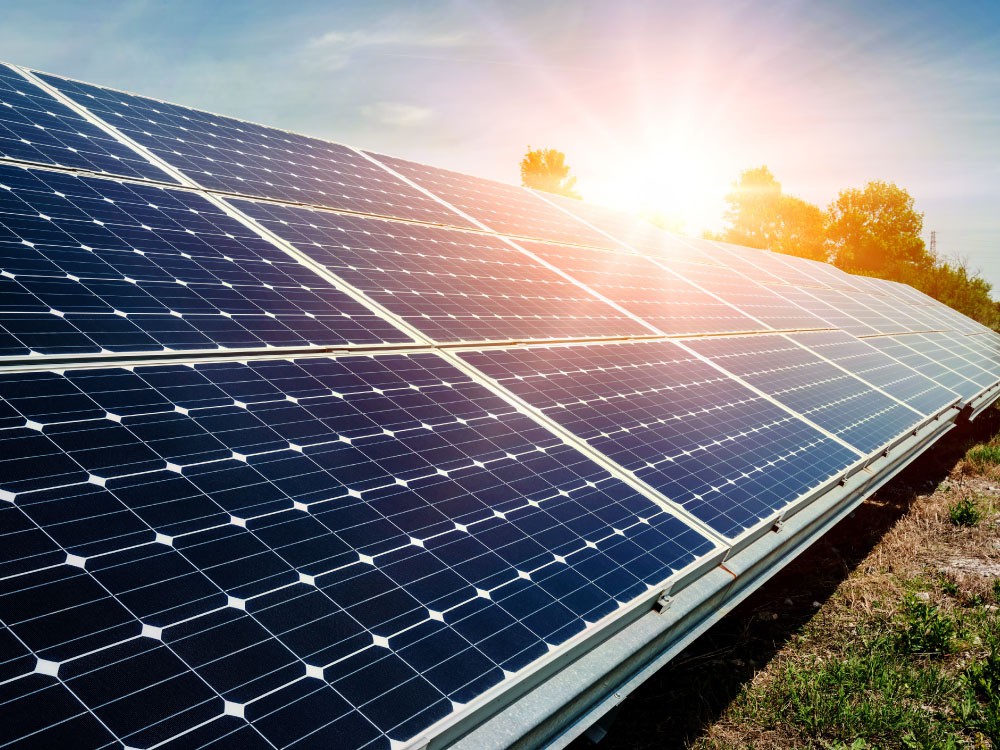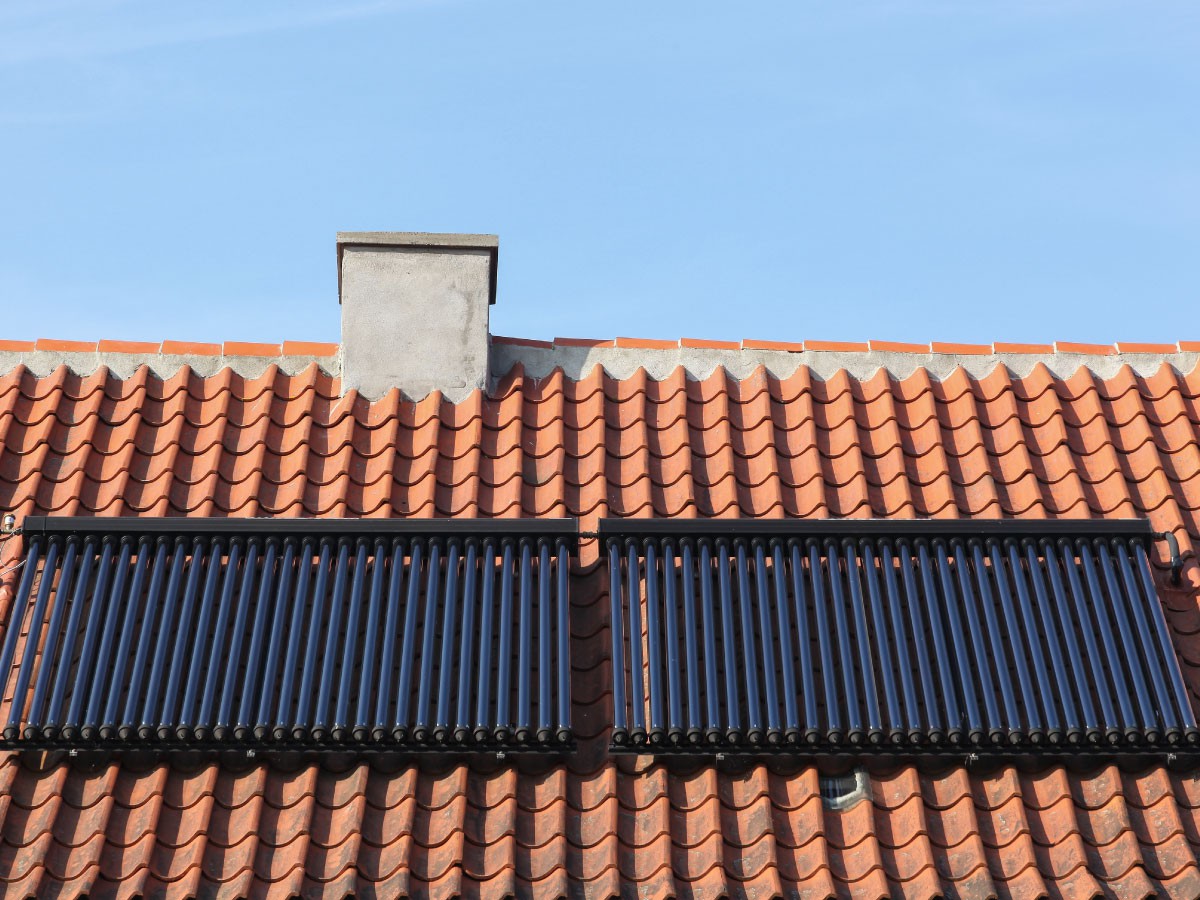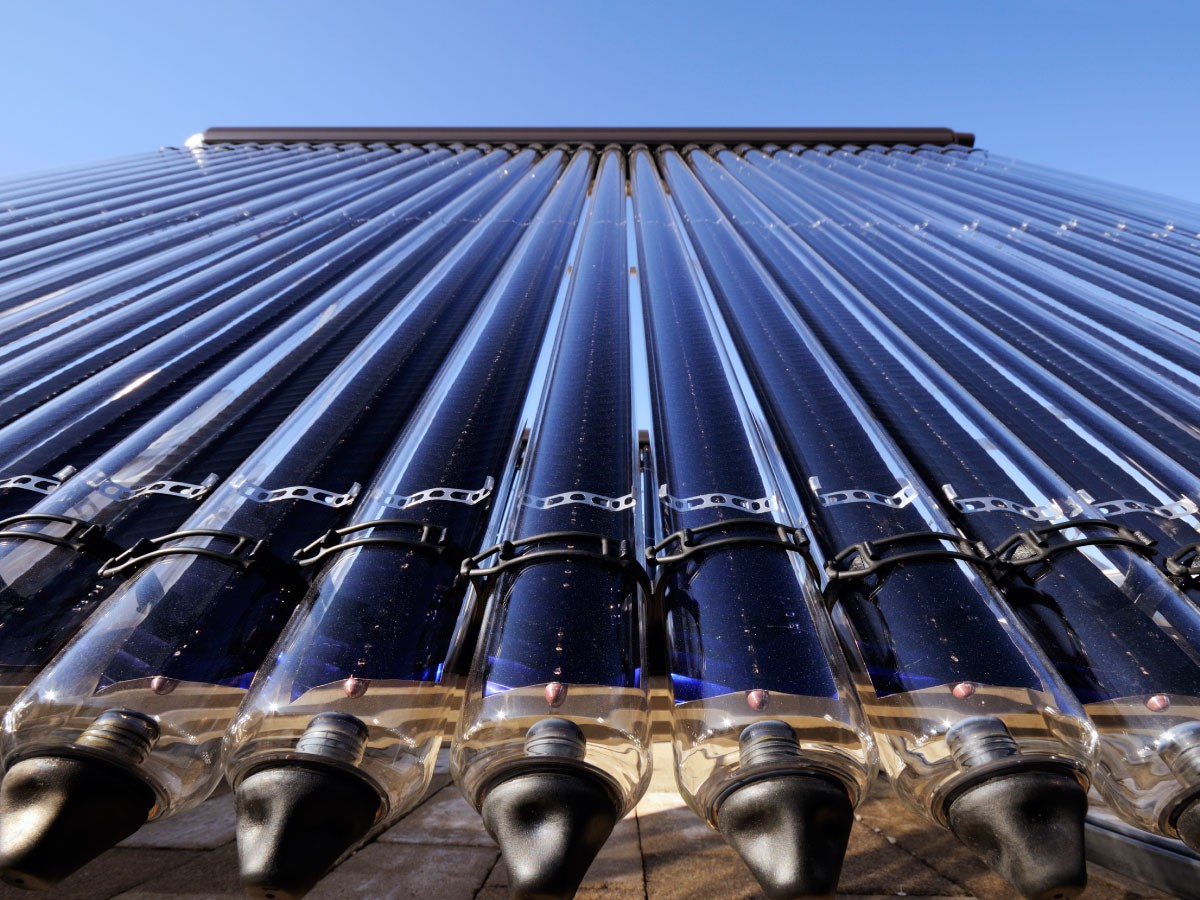Renewable Energy
Renewable Energy
Energy 24 Apr 23
What is renewable energy?
Renewable energy is generated from natural resources such as the sun, wind and water, which are continuously and naturally replenished. Renewable energies provide a secure and local source of energy.
What are the benefits of using renewable energy?
Using local natural resources reduces dependency on other countries for non-renewable energy fuels like coal, oil, and natural gas.
It reduces production of carbon dioxide and other greenhouse gases (GHGs).
The growth of the renewables market creates job opportunities and pushes down the prices of technology and energy production.
Surplus energy can generate income or offset bills saving you money (link to Feed In Tariff).

What is Solar Energy?
Solar Energy is power generated from the heat and light of the sun. One of the most popular renewable energy systems used across the globe, solar energy is arguably the most powerful form of natural energy we can harness as one day of incoming solar radiation can provide enough energy to satisfy global electricity needs for an entire year.
How does Solar PV work?
Solar Photovoltaic (PV) Systems use cells to convert sunlight into electricity. The PV cell is composed of one or two layers of a semi-conducting material, usually silicon. When light shines on the cell, it creates an electric field across the layers causing electricity to flow: the greater the intensity of the light, the greater the flow of electricity. PV cells are sized according to the amount of energy they generate in full sunlight, known as kilowatt peak or kWp.

How do Solar Thermal systems work?
This technology uses direct heat from the sun to warm domestic hot water, in conjunction with a conventional water heater or immersion heater. Well-developed and available to suit a variety of requirements, their installation requires that solar panels or collectors be fitted on a roof where they will collect heat from the sun's radiation. The incorporated heat transfer system then uses the collected heat to indirectly heat water, which is then stored in your hot water cylinder until required.

What are the benefits of installing Solar Thermals?
- Solar energy is a renewable, inexhaustible resource.
- Solar water heating can provide you with about a third of your hot water needs.
- The average domestic system reduces C02 by around 350kg per year and can save you about £40 a year on your hot water bills, depending on the fuel replaced.
- Sunlight is free so after the initial capital investment, energy costs will be significantly lower.
- These systems are silent, have no moving parts and require minimal maintenance.
- Costs are falling and efficiency is continually on the increase.

Apply for financial assistance
There are some incentives available for homeowners or residential estates wanting to install solar energy on their properties. It is worth checking up on the details beforehand to ensure you don’t miss out.


